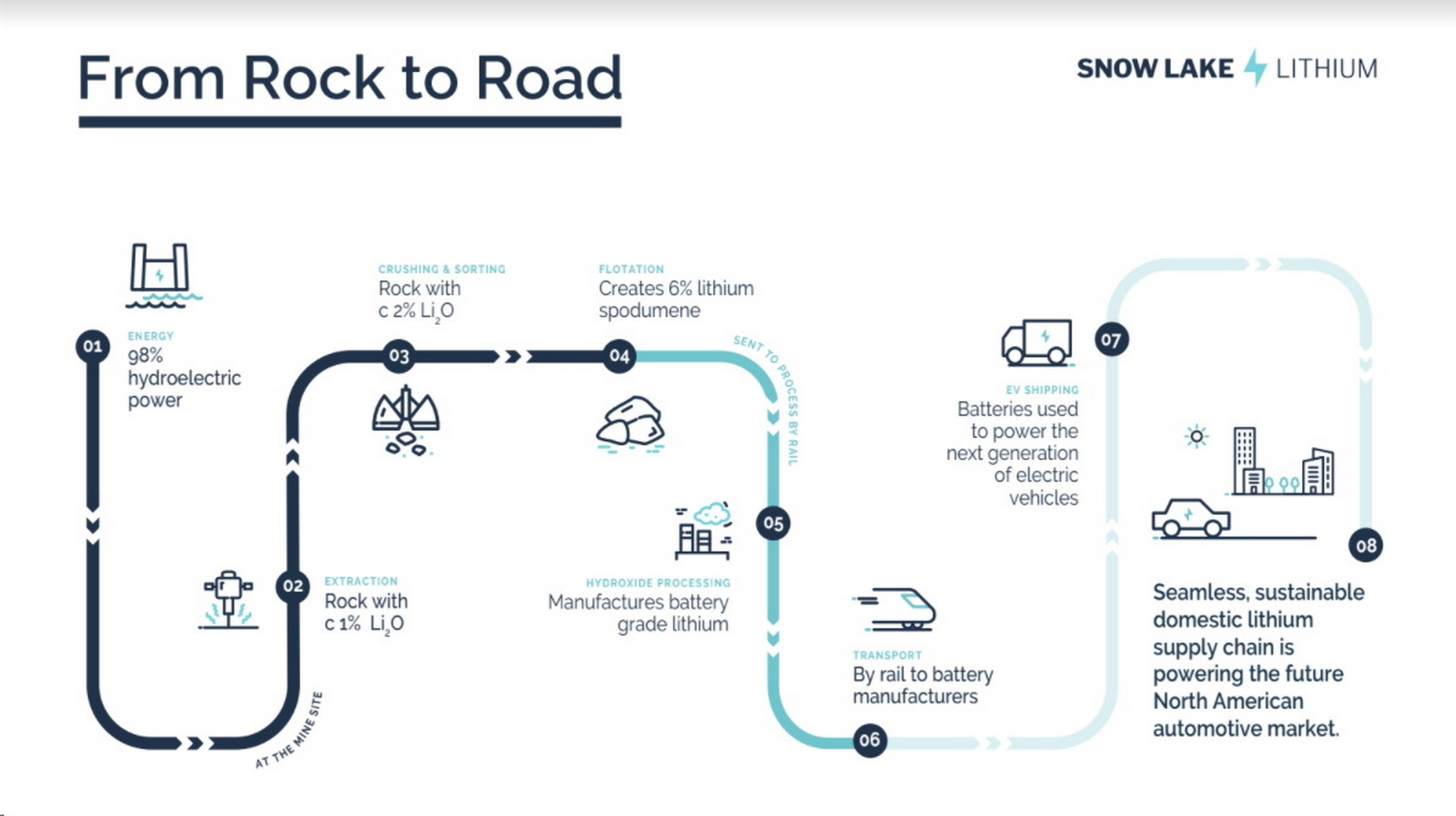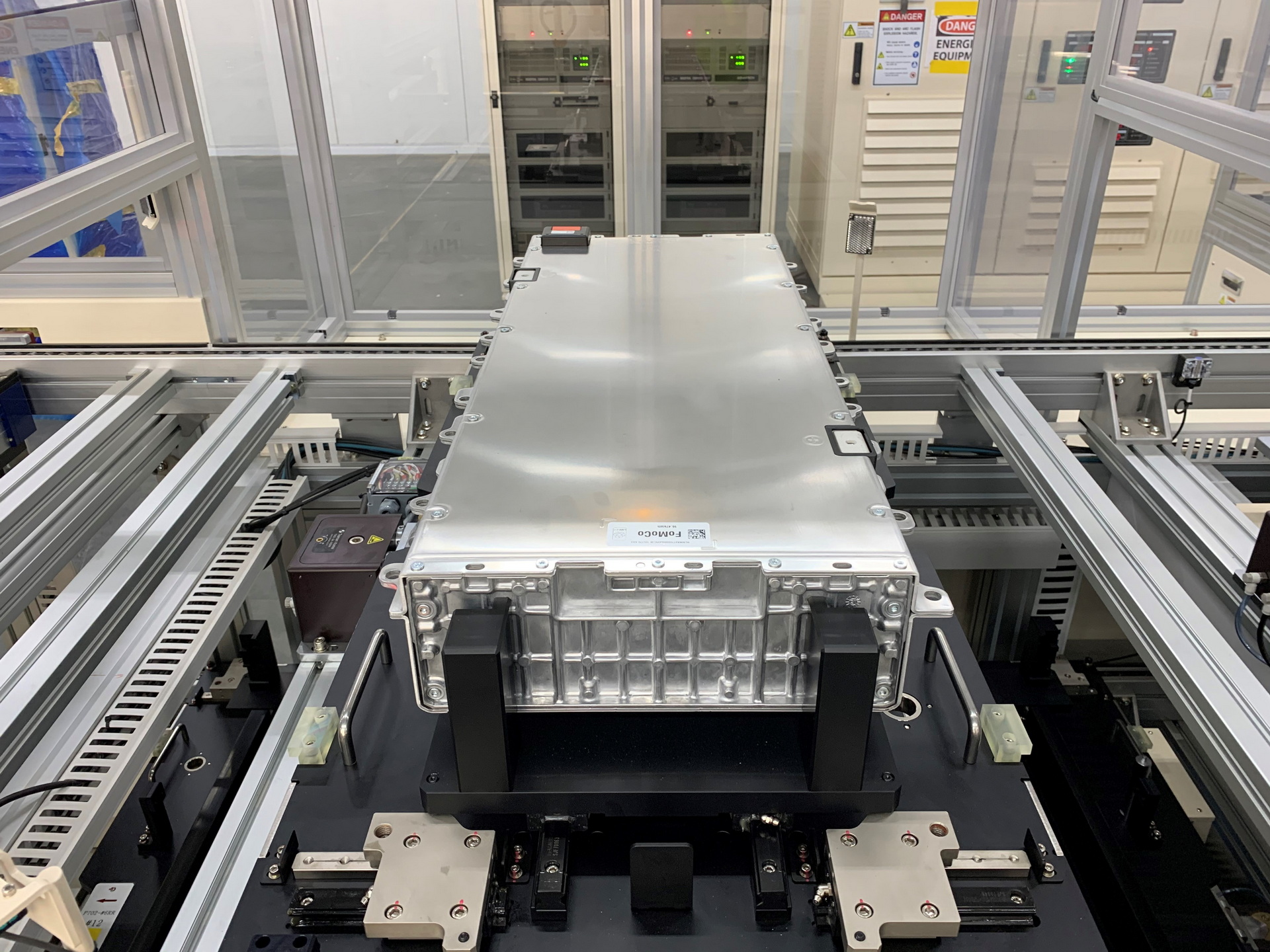Snow Lake Lithium, operating out Snow Lake, Manitoba, in Canada has outlined a plan to create the world’s first all-electric lithium mine. The site will be powered almost entirely by renewable electricity and is looking to supply North America with a domestic supply of the mineral that is crucial in automotive batteries.
“Our ambition is to become the first fully integrated, carbon-neutral lithium hydroxide provider to the North American electric vehicle industry,” said Philip Gross, CEO of Snow Lake Lithium. “We are developing the world’s first all-electric lithium mine, operated by renewable power, and are currently looking for a joint venture partner to create a lithium hydroxide processing plant in the region.”
The company wants the site to become seamlessly integrated into the supply chain and plans to establish a joint venture lithium hydroxide processing plant. For that, it is looking towards automotive manufacturers and/or battery manufacturers to help it build the factory.
Read Also: California Has A Single Lake With More Lithium Than The Country Currently Needs
As automakers look to source materials for batteries of electric vehicles, where the component elements come from is becoming a big question. The U.S. Department of Commerce has spoken to battery manufacturers and is said to be looking towards Canada to boost its production of raw materials.
Snow Lake is in northwest Manitoba, seven hours north of Winnipeg by car. However, Snow Lake Lithium points out that it is connected to the rest of North America via the Arctic Gateway railway.
The company’s 55,000-acre site is expected to produce 160,000 tonnes of 6 percent lithium spodumene over a 10 year period but says that it has only explored one percent of its site and is confident there is more lithium to be found.
For now, Snow Lake Lithium will continue its engineering evaluations and drilling program with the expectation that it will begin commercial production in late 2024. The site is supplied by hydroelectric power and aims to create a completely traceable, carbon-neutral, zero harm product for the EV market, something that lithium mines specifically have been accused of not providing in the past.
“We are facing a once-in-a-century industrial pivot as North America accelerates towards an electrified future,” said Gross. “If we don’t act now to secure a seamless lithium supply chain from rock to road, the North American car industry will not exist in 10 years’ time.”




